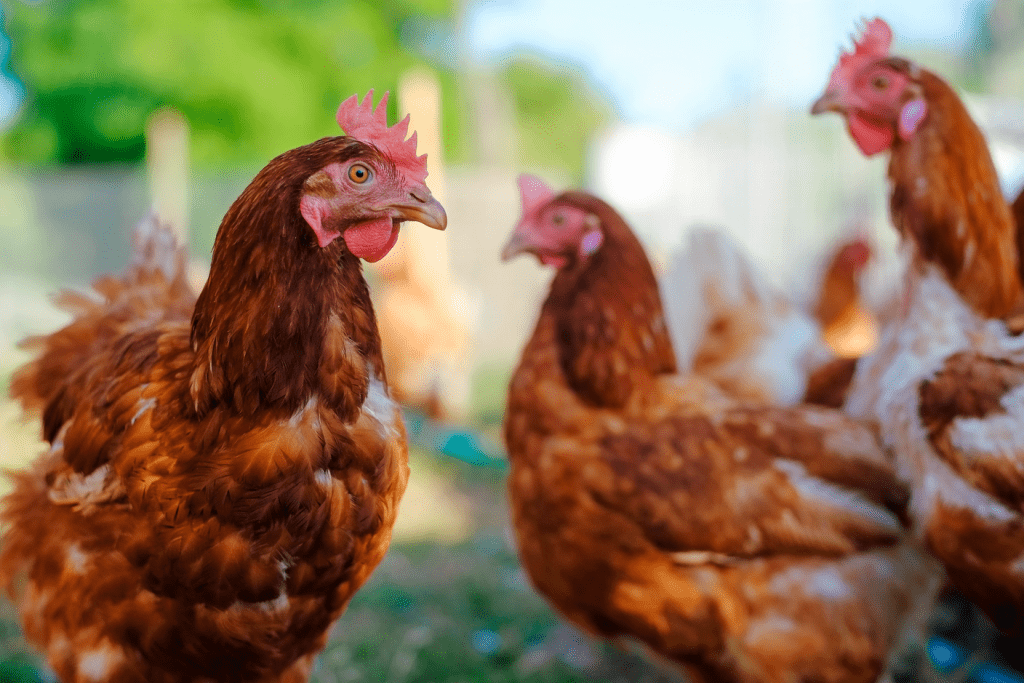
Highly pathogenic avian influenza (HPAI) is a serious poultry disease that spreads very quickly. With this threat, it’s more important than ever for you to keep strict biosecurity measures at your poultry operations and watch your birds closely for any signs of the disease. We need you to quickly report problems in your flocks and work with us to respond. Your help will be vital in protecting the U.S. poultry industry from this deadly disease. The faster we can respond and depopulate sick birds, the faster we can stop the virus from spreading.
If your birds are sick or dying, report it right away. This is one of the most important things you can do to keep HPAI from spreading. Call:
Biosecurity refers to everything people do to keep diseases – and the viruses, bacteria, funguses, parasites, and other microorganisms that cause disease – away from birds, property, and people. It includes:
Biosecurity is a team effort. Everyone involved in raising poultry must use structural and operational biosecurity to prepare for and prevent disease outbreaks through out the United States. Put simply: we have to work together to protect our flocks.
What can you do? You can practice biosecurity each and every day. By practicing good biosecurity, you can reduce the risk of people, animals, equipment, or vehicles carrying infectious diseases onto your property – either accidentally or on purpose. You will also help protect other flocks by preventing the spread of disease.

To find resources on HPAI and emergency response, go to
www.usda.gov/avianinfluenza,
www.aphis.usda.gov/animalhealth/defendtheflock
www.aphis.usda.gov
Information from this flyer taking from : https://www.aphis.usda.gov/aphis/ourfocus/animalhealth/